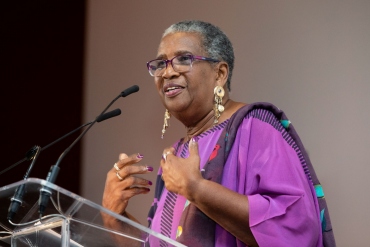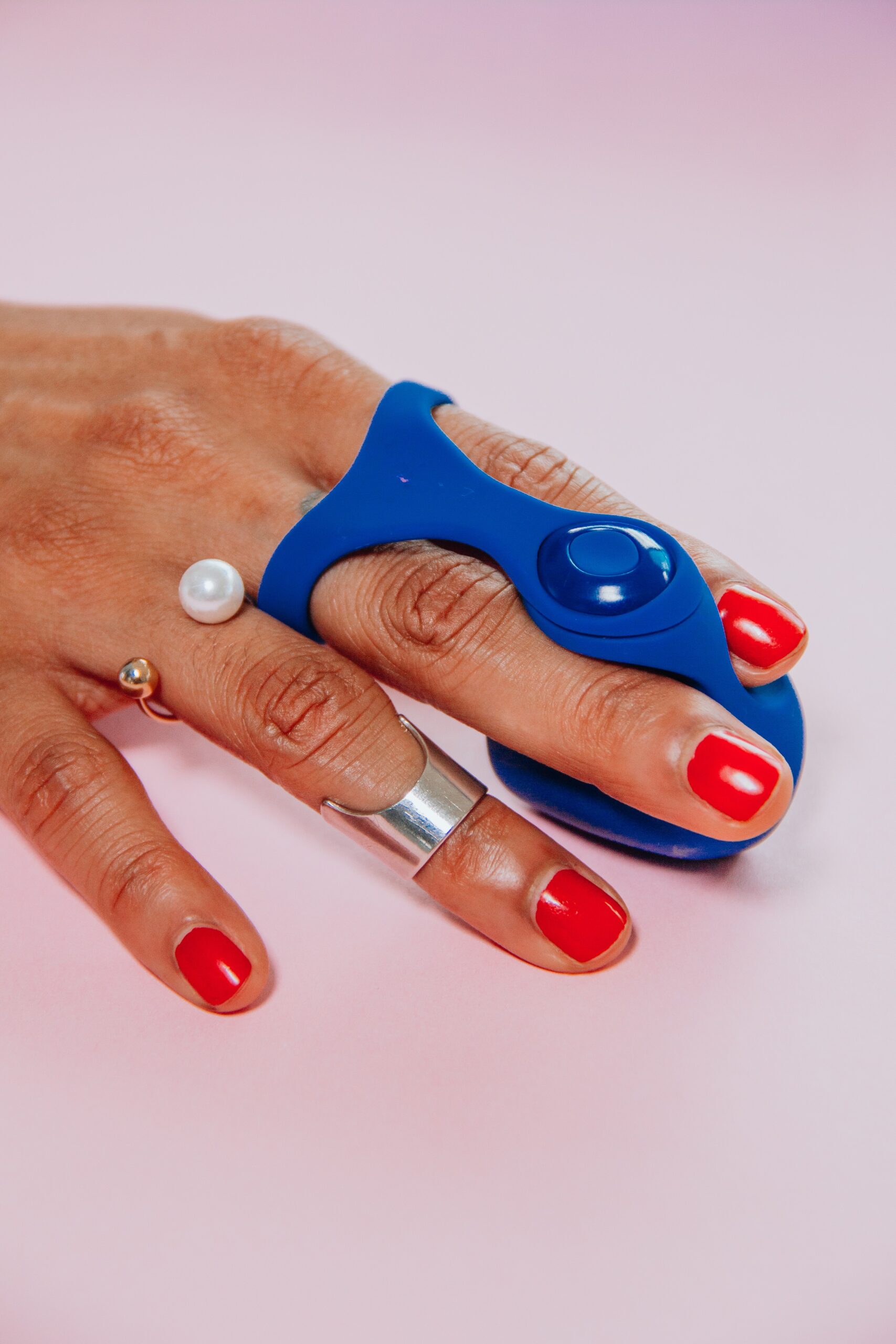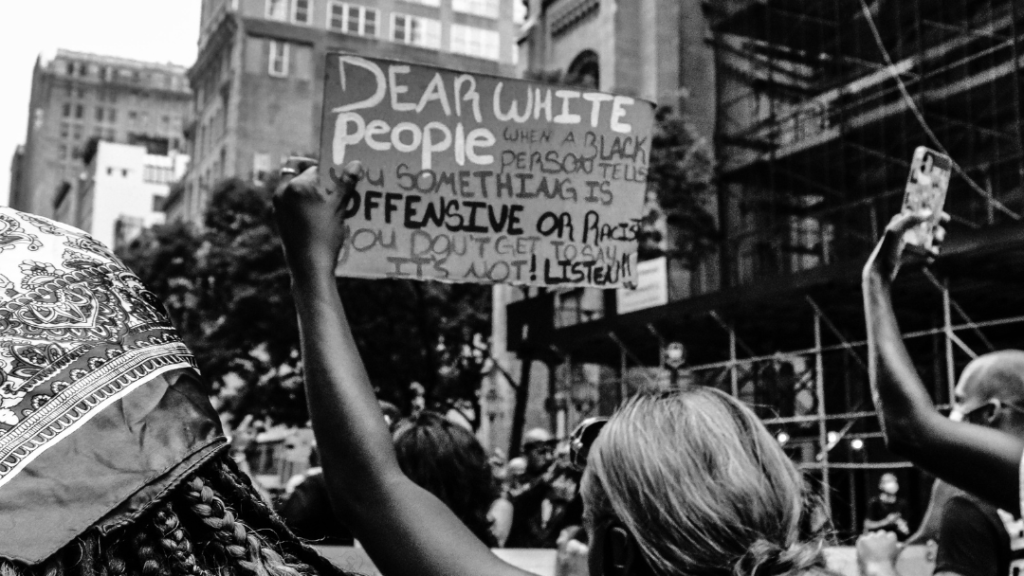
7 Black Women Sex Activist you should Know about
Women have been fighting for our rights for as long as the patriarchies existence. Which realistically is the dawn of humanity. While we are taught about the work of the suffrage movement and women’s right, we don’t often hear about the sexual activism that goes on today and the women who paved that road for us. In the spirit of Black history month, specifically Black women. Black women and Black queers are largely credited for the work they do in protecting women, LGBTQ+ rights, reproductive rights and many more.
Remember sex isn’t just the act of sex. It stretches into the understanding of our bodies, the rights over our bodies, our sexuality and the fluidity of it, and so much more. While you may see some familiar names in this list you may not have known the investigative journalist Ida b. Wells known for co-founding the NAACP was also an advocate in protecting Black people against sexual violence. Or perhaps one of the most known names in the civil rights movement Rosa Parks, as she refused to give up her seat, also advocated for women’s safety against the violence of white men and made it an extremely important role in the Civil Rights Movement. Take a look at some of the greatest Black women of today and yesteryears who played a major role in sex activism.
Alice Dunbar Nelson
Alice Dunbar Nelson was born in 1875 as a mixed race woman. Which included African American, Anglo, Native American, and Creole heritage. This genetic makeup contributed to her ability to understand the complexity of race and ethnicity which was often utilized in her writing. Nelson was a poet, an essayist, diarist, and activist. Her activism targeting women suffrage, African American Civil Rights, and Anti-Lynching laws. Which led to establishing the White Rose Mission from the Dyer Anti-Lynching Bill, in New York City.
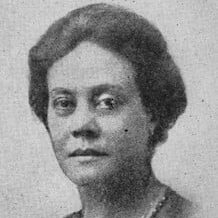
Alcie would go to marry her first husband in 1898, American poet Paul Dunbar. Paul was an extremely violent man who raped his wife and continued to be abusive. His behavior led to their separation in 1902. He begged for his wife back by sending letters and flowers but would eventually pass in 1906. She taught at Howard High school where she would later meet her female lover Edwina Kruse. While the 1900s are notorious for lacking acceptance of the LGBTQ community, Alice would write about her romantic relationships with women in her diaries. She would also go to write many poems of these women that she eventually burned. One that survives is the poem ‘You! Inez’.
She would later go on to marry her third husband to an activist and journalist named Robert Nelson. Their marriage fell outside the lines of traditional gender roles. Although they lived outside these societal standards Alice would go on to write “…I’m tired of being the man.” Throughout their marriage Alice would begin dating women in secrecy of her husband. Eventually he would become aware of the matter and reluctantly gave his blessing for Alice to be in relations with other women. Widely known today as an open marriage.
Elaine Brown
Elaine Brown is an American prison activist, writer and former Black Panther serving as Chairwoman. Born in 1943, she is still here with us today at the age of 79. Elaine Brown speaks vividly about the pervasive and disturbing treatment the women Panthers faced. Things such as physical abuse, exploitation as sexual prizes, and unjustly criticized. Brown would go on to say in 1969, “[women] would have to fight for the right to fight for freedom.” But concluded in 1975, “the value of my life had been obliterated as much by being female as by being Black and poor.” Many black women at the time believed that feminism wasn’t for them but rather for white and well-off women.
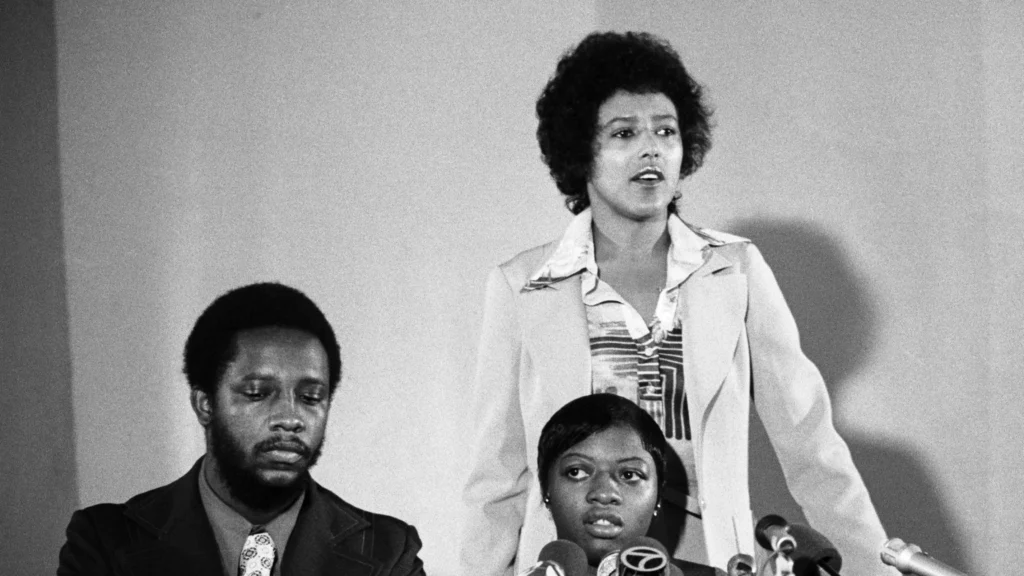
None-the-less this did not stop Brown’s activism. She declared that she “would support every assertion of human rights by women for the right to have an abortion” Brown proudly stood on her stance of pro-abortion since Roe v. Wade was codified. Although this new law was still unclear on how it would affect Black women, she shifted her work on holistic approaches in Health Care. She wanted more for Black women than what the Supreme Court wanted to give. She fought for safe abortion and to be able to safely exercise your reproductive choices. This aligned with the self-determination right in the Black Panther movement and Black women leaned on that right and shaped their reproductive needs around that. Helping Black women determine if and how they wanted to have children, be in control of their health, and their right to an abortion.
Ida B. Wells
Ida B. Wells was born in Mississippi during 1862. She worked as an investigative journalist, educator, and early leader in the Civil Rights Movement. She is one of the founders for the National Association for the Advancement of Colored People (NAACP). Her worked largely focused on the violence targeted for the Black Community, especially lynching. Her fight to protect Black people also extended in protecting them against sexual violence.
Ida B. Wells is one of the first people to publicly speak on the racial and sexual violence that goes on for Black people. She made it very clear that white men were sexually assaulting Black women while Black men were being falsely accused of rape toward white women that were in fact consensual. These accusations would often lead to white mobs and killings of Black men. Her work demonstrates white men as predatory rapists and the hypocritical murders done onto innocent Black men.
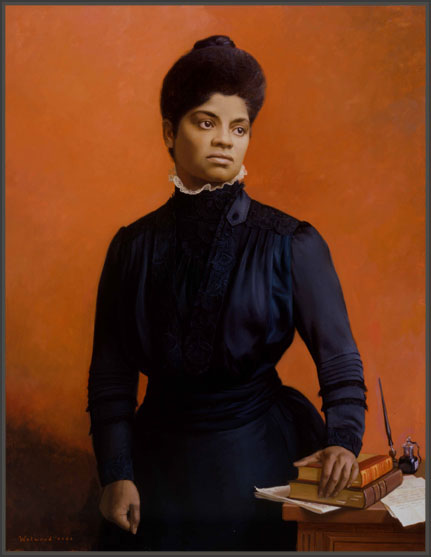
Resource: The New York Times
Dirty Lola
I find it important to showcase modern sex activism as it demonstrates the future of sex and the hard work that continues today. Dirty Lola is a black sexpert that shows us that sex curiosity reaches a wide audience. Working with large platforms such as Netflix in their ‘Principle of Pleasure’ series as well as taking to social media and in-person conferences we see that the fight for sexual liberation and hunger for its normalcy isn’t going away. Dirty Lola showcases a lot of personal stories that discuss kink and polyamory and is a self-proclaimed Dildo Slinger.
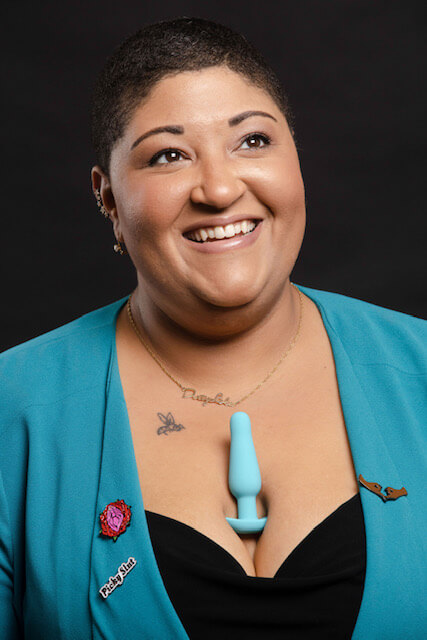
Rosa Parks
While Rosa Parks is notorious for refusing to give up her seat to a white man on a bus in 1955, her activism stretches beyond the civil rights movement. Rosa Parks was born in 1913 in Tuskegee, Alabama. She died nearly 20 years ago in 2005. This is a reflection that rights for African Americans doesn’t date that far away. Danielle L. McGuire, a Historian, traces that Parks was seen as a “matronly…symbol of black womanhood.” Parks began organizing against sexual violence as early as 1944. She jumped head on the NAACP investigation into the rape of Recy Taylor, a then 24 year old who was attacked by six white men. In her efforts to fight for Recy Taylor’s justice she was denied and the all-white grand jury found the white men not guilty.
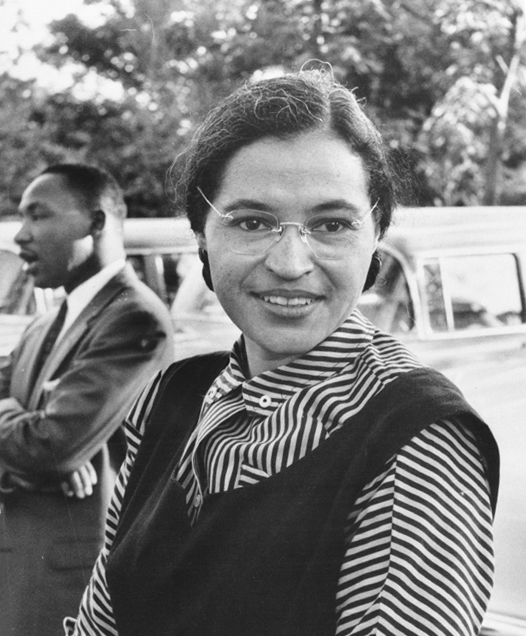
White men’s sexual attacks were protected by Jim Crow. In 1974, she co-founded the Joan Little Defense Committee in Detroit after a black woman killed a prison guard in self-defense in an attempt to rape her. Rosa Parks made protection against sexual abuse toward black women a big part of the Civil Rights Movement. The work of Rosa Parks and other black women are seen fighting for issue on sexual violence before the women’s liberation movement went full speed.
Faye Wattleton
Alyce Faye Wattleton was born in St. Louis, Missouri, in 1943. She attended the Ohio State University when she was only 16 and received her bachelor’s degree in nursing. While teaching nursing in Dayton, Ohio she worked at the Children Hospital in Columbus. Often times in that hospital she would care for ill, neglected and abused children. She would later attend Colombia University on a full scholarship for her Master’s. This would lead to her master thesis on phototoelectriphoresis, a medical term to screen pregnant women for drug use to treat their babies from withdrawal. While working on her master’s she interned at a hospital in Harlem where she witnessed female patients suffer life threatening side effects due to unsafe abortions.
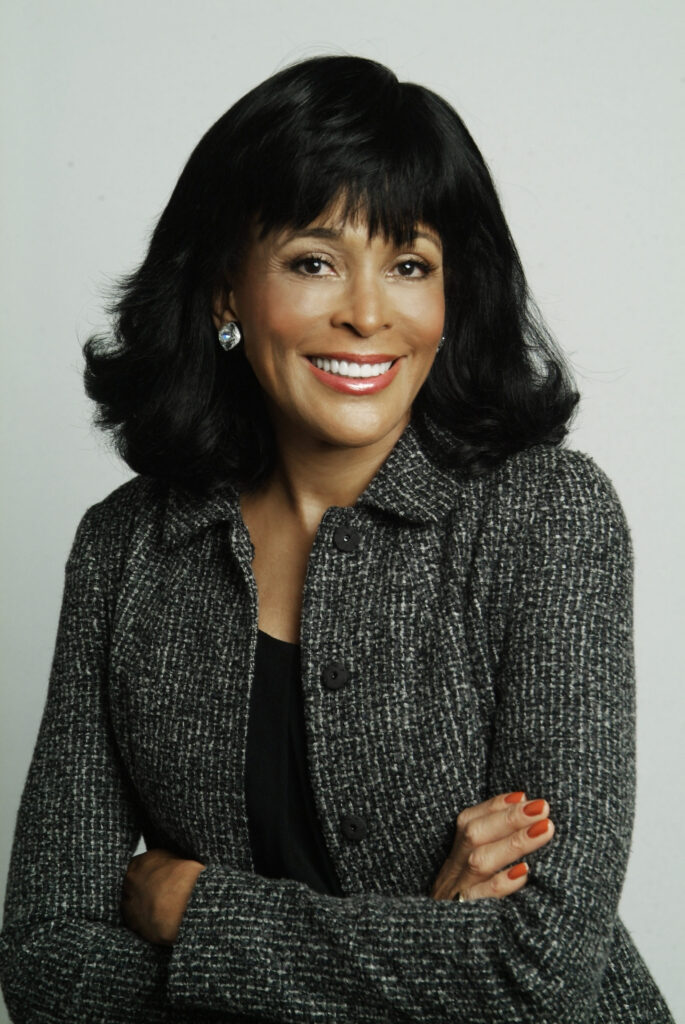
Once she graduated with her master’s and received a certification as a nurse-midwife, she would later join as deputy chief of the Dayton Ohio Health Department for maternal and child health programs. During her work there she kept track of how many mothers received prenatal care and saw about 30% not receive any. After witnessing many teenage births she began her activism in women’s reproductive rights. She would go on to join the Board of Planned ParentHood and shortly after became President of PPH in 1970. By 1978, she was the first African American to become President of the Planned Parenthood Federation of America by its board. Faye had two important goals, she wanted to improve women’s reproductive health, and promote gender equality. She aimed to expand the focus of PPH to emphasize abortion rights.
Resource: Wikipedia
Bylle Avery
Bylle Avery is an American Health Care Activist born 1937 in Waynesville, GA. She is alive today at 85 years old. She graduated from Talladega College, Bates College, and the University of Florida located in Gainesville. She would later co-found a Woman’s Health center that focused on births and midwives. She plays an imperative role in reproductive justice and has worked countlessly to develop health care services that benefit Black women’s mental and physical health.
Avery is widely known for her founding of the National Black Women’s Health Project, which made history as the first to specialize in Black women’s health concerns. She would later go on to receive the MacArthur Foundation’s Fellowship for Social Contribution.
